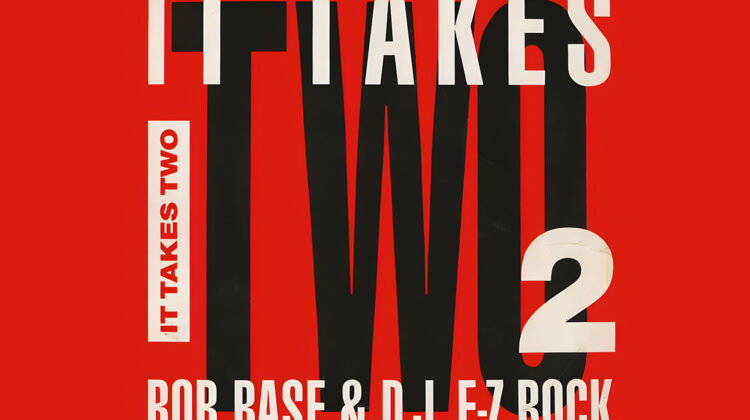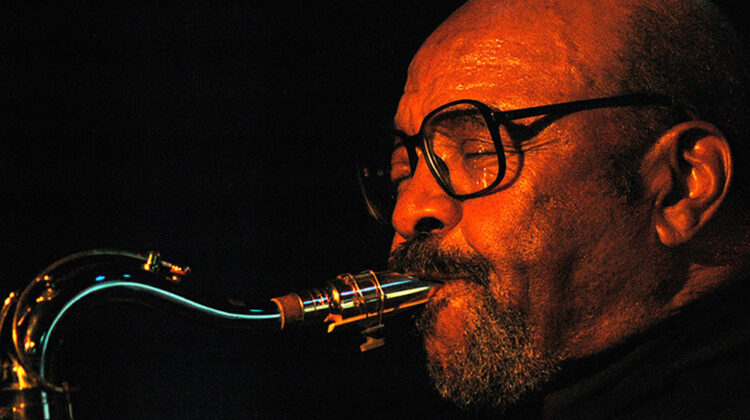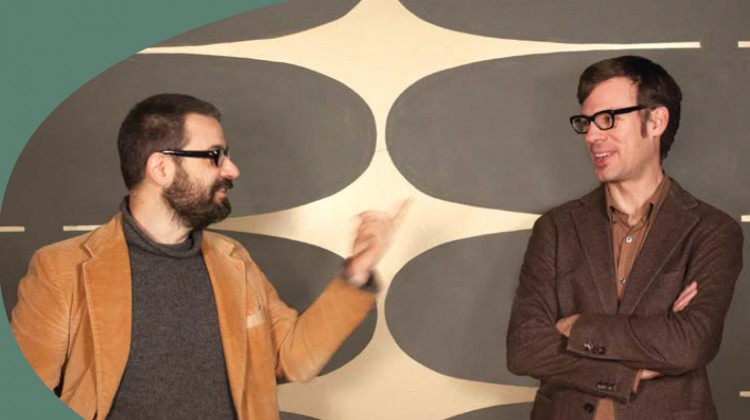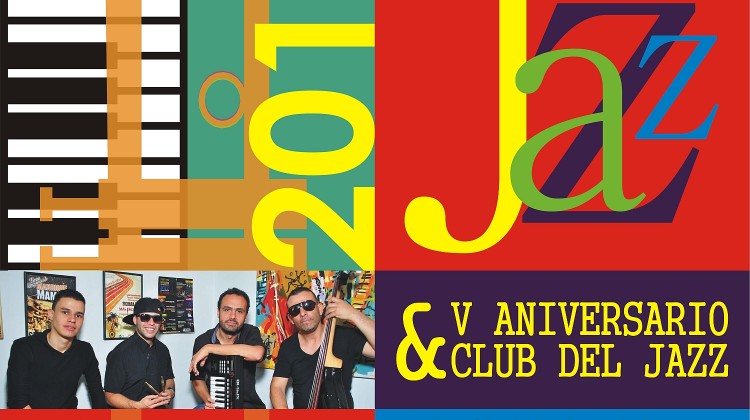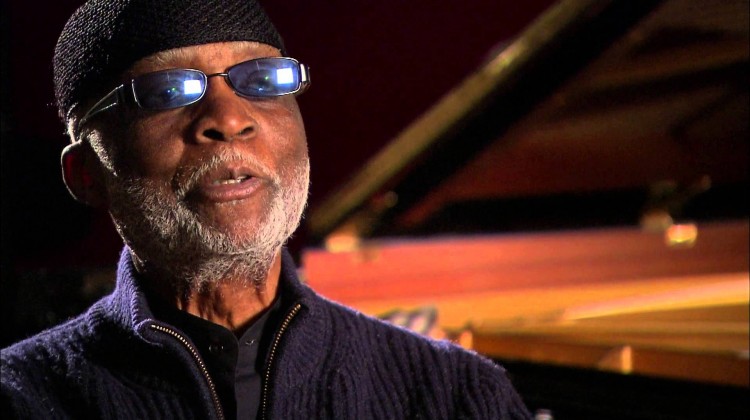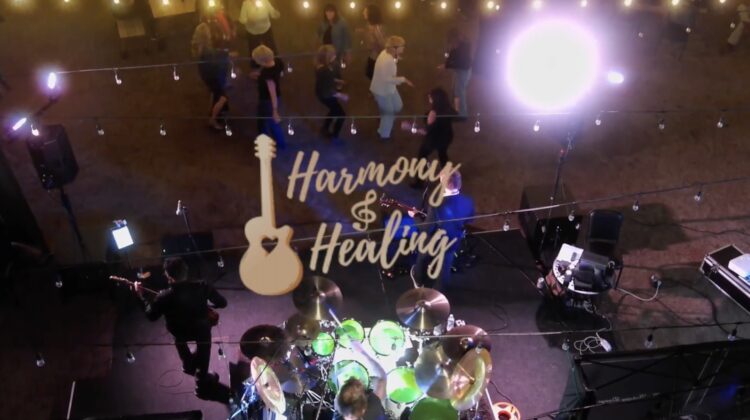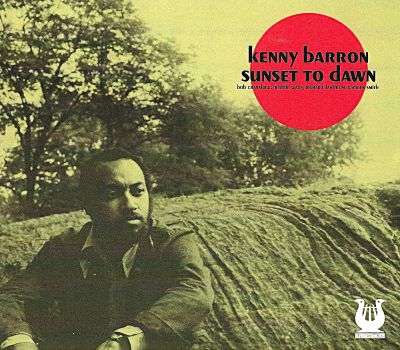By John Stevenson
Antonio Loureiro is probably one of the most fascinating musicians to come out of Brazil in recent times. His recent recording ‘Só’ (Borandá, 2013) finds a highly experimental artist dipping into diverse streams of rhythmic influence. Whether its the title trackSó, the almost ethereal Pelas Águas, or the multi phonal textures of Parto, it is evident that Loureiro has a sure footed grasp of Brazilian music and jazz.
Loureiro plays an astonishing collection of instruments on this recording, including drumset, keyboards, vibraphone, bass, and guitar. However, it is the haunting quality of his voice which lingers in the memory long after his drum fills and guitar riffs have subsided.
Music is part of Loureiro’s DNA and he has played with leading Brazilian jazz luminaries: ”In Belo Horizonte, where I come from, there’s a history of mixing music from all around. I’m a drummer, I played with Toninho Horta for a while and lots of musicians from Belo Horizonte. The popular music from Brazil is probably one of my biggest influences.”
The African rhythmic currents of northeastern Brazil are palpable throughout the recording; so are various other aspects including jazz improvisation and a classical sensibility not far removed from that of Heitor Villa-Lobos.
Though the music is multi-textured and intricately layered (with Loureiro overdubbing the various instruments he plays) the compositions come across as totally organic and fully formed.
Saxophonist Thiago Franca, who plays a furious tenor sax solo on Cabe Na Minha Ciranda, is a conspirator of sorts, acting as a musical foil for Loureiro’s more subtle efforts on piano and vibraphone.
Antonio is not just a formidable musician. He is an enchanting and imaginative weaver of lyrical tapestries.



